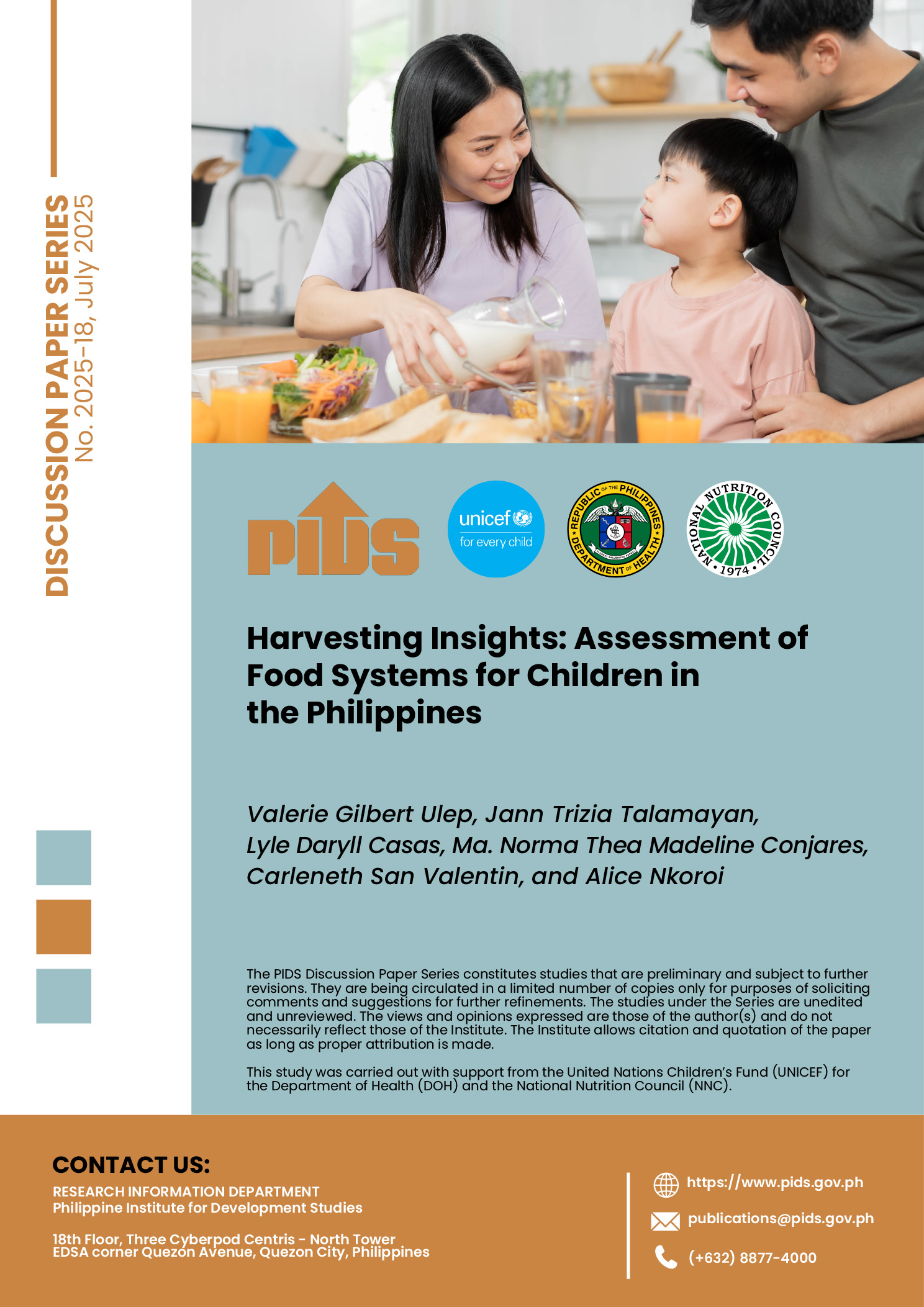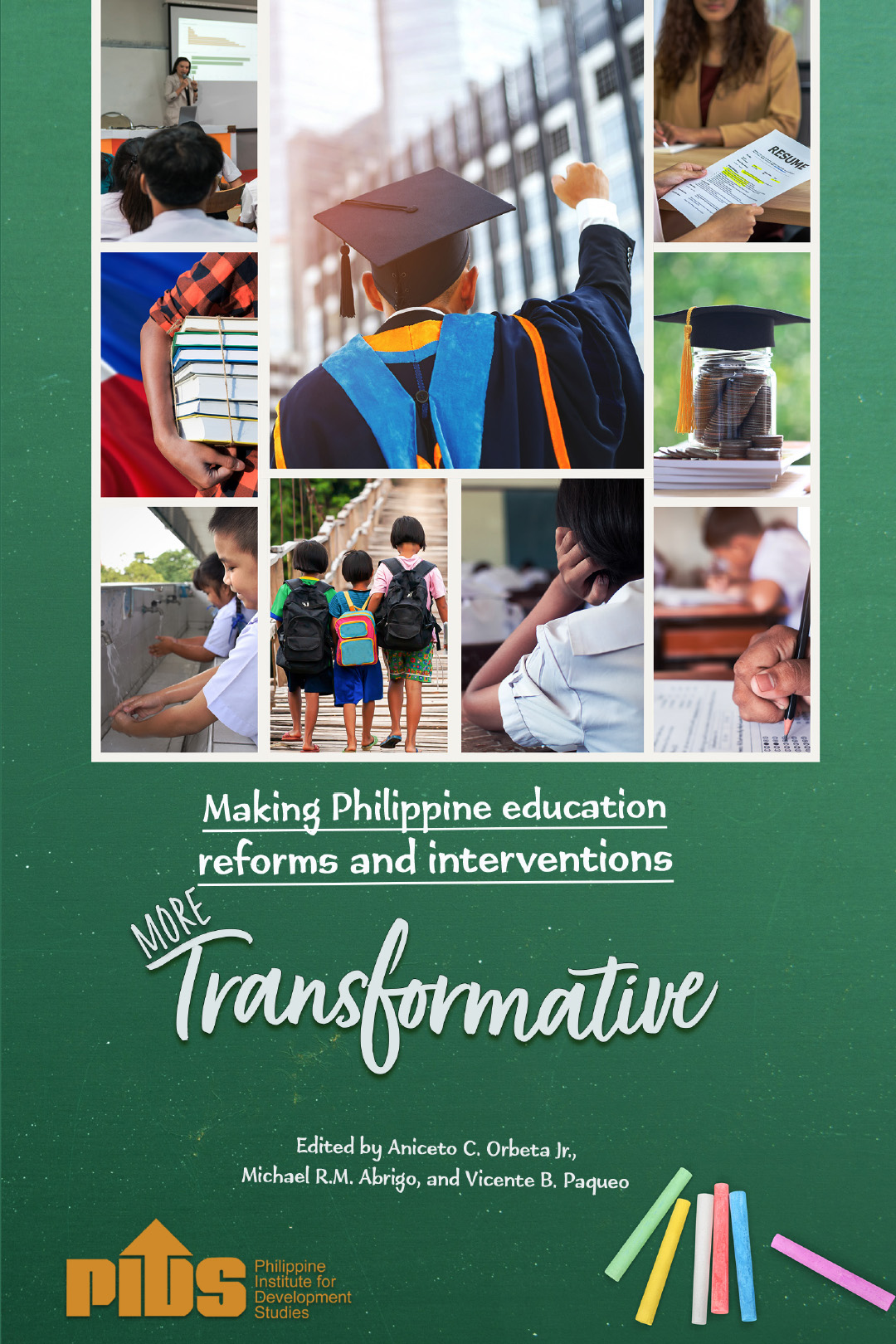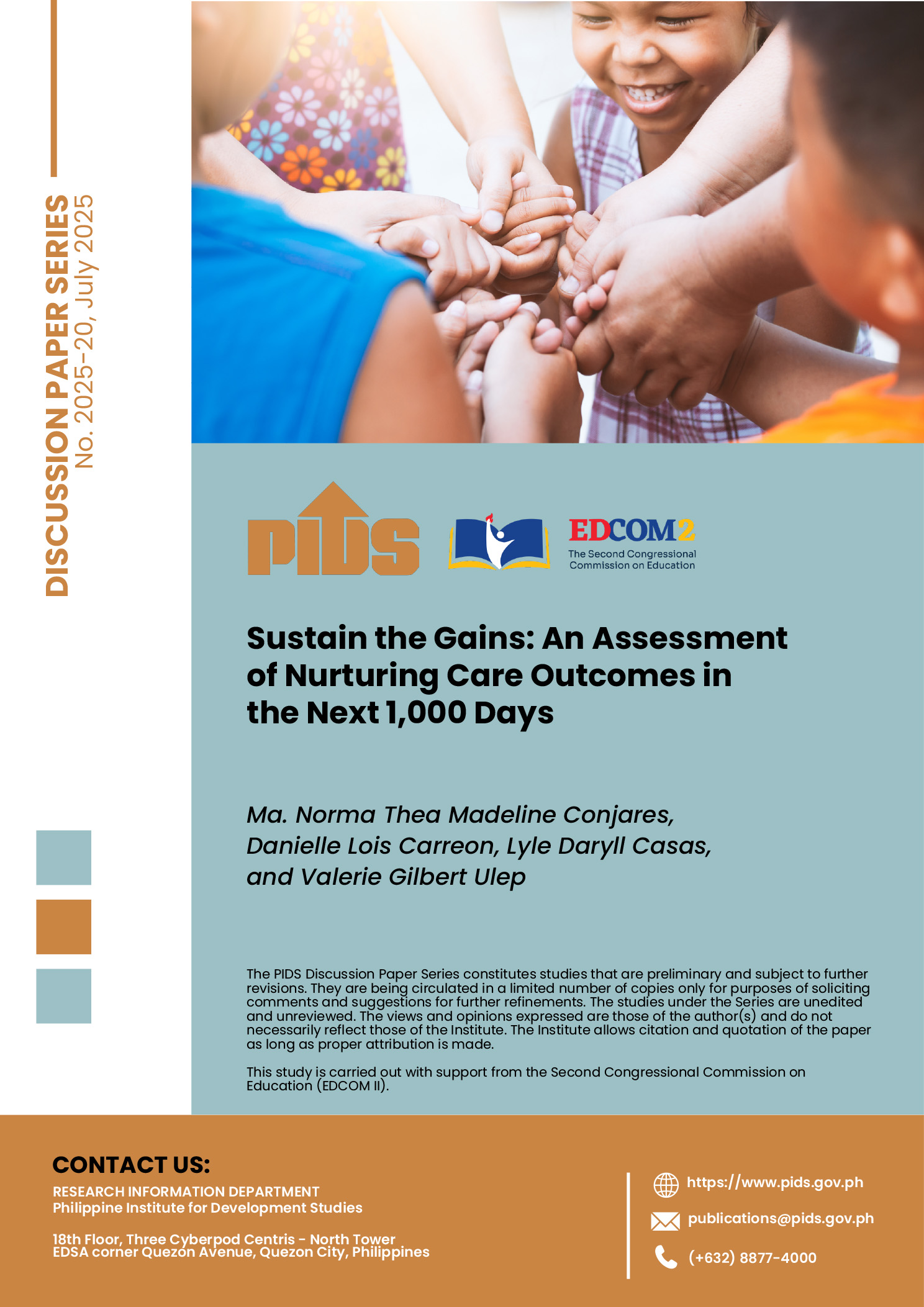THE Philippines needs to invest more in human capital to seize employment opportunities for young population offered by next year's Asean economic integration.
In a report, government think tank Philippine Institute for Development Studies (PIDS) said the country will benefit from increased intraregional trade in goods and services as well as enhanced mobility of people that the integration implies.
"Our skilled professionals and even the unskilled ones which could be in demand in other Asean countries, they are going to benefit from enhanced mobility of labor within Asean," said PIDS senior research fellow Adoracion Navarro in a forum.
"We think that we should view this as an opportunity particularly because we are signing the MRA (mutual recognition agreements) and we think that we are ready for it," she added.
The PIDS also underscored the need for the Philippines to pay serious attention to other behind-the-border domestic issues such as upgrading and modernizing infrastructure, improving domestic resource mobilization and reforming the judicial system.
"These are things that we need to do anyway with or without Asean economic community 2015," Navarro added.
The state think tank said both border and behind-the-border issues should be addressed in order for the country to take full advantage of a larger and more dynamic market for goods, services and capital.
Ronald Mendoza, executive director of the AIM Policy Center, earlier said that continuing the human capital investments over the next 25 years is a challenge for the country.
"This will be the backbone of our long term competitiveness. We believe that if you look where the sources of growth, where the sources of comparative advantage for the country, it is in our young people," he said in an economic briefing. (Philexport)//












